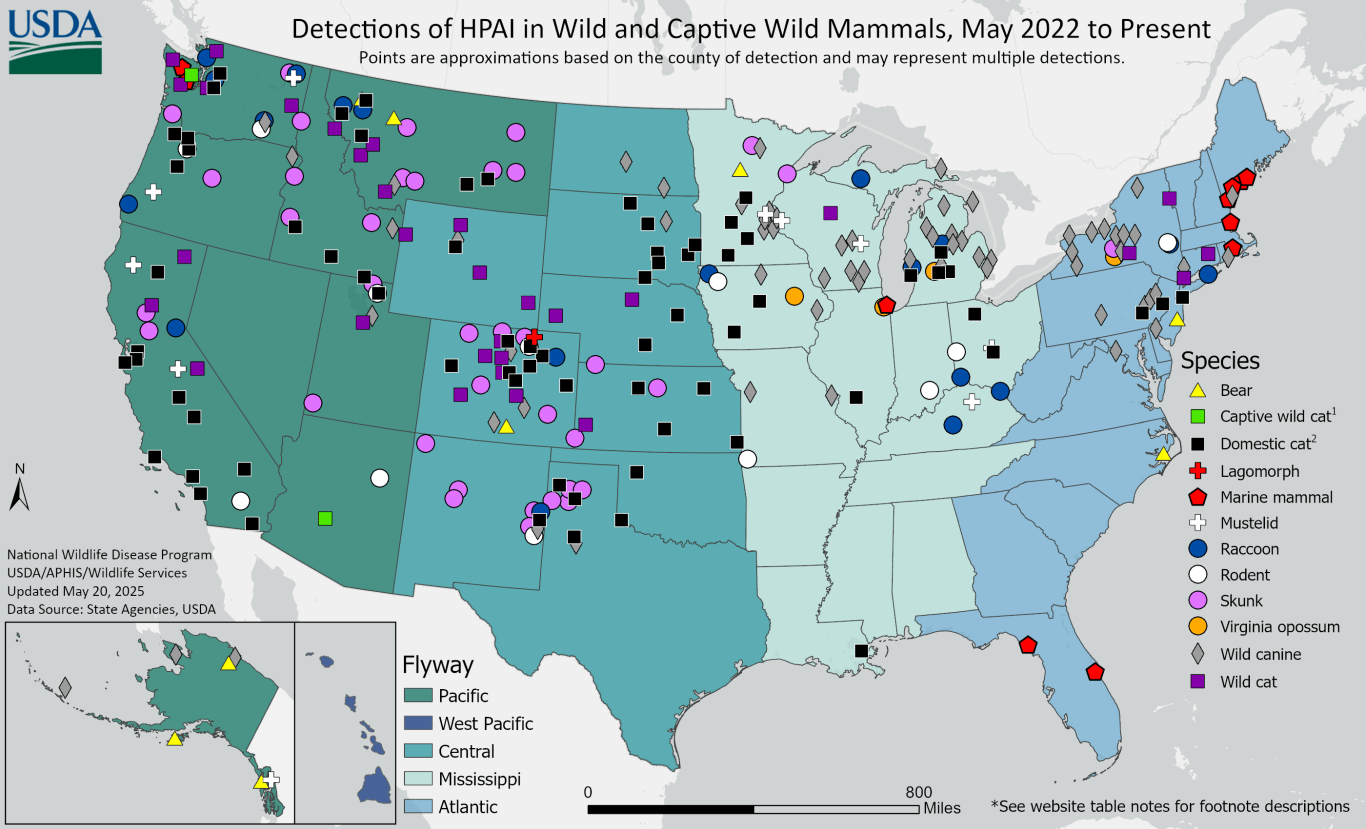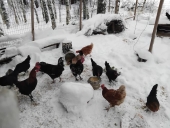
 7
7




 12
12











 14
14





 10
10




- Tim's Homestead Journal - Purchase a copy of Building a Better World in Your Backyard - Purchase 6 Decks of Permaculture Cards -
- Purchase 12x Decks of Permaculture Cards - Purchase a copy of the SKIP Book - Purchase 12x copies of Building a Better World in your Backyard
 3
3





 7
7





 6
6




Nick Kulik wrote:Thank you for your replies. Do either of you have a source I can check as to the difficulty of chicken to human infections as well as the route of infection being mostly through the eyes? From what I have read from the cdc it says that people who work with livestock and poultry are at highest risk.







 1
1




r ranson wrote:
Nick Kulik wrote:Thank you for your replies. Do either of you have a source I can check as to the difficulty of chicken to human infections as well as the route of infection being mostly through the eyes? From what I have read from the cdc it says that people who work with livestock and poultry are at highest risk.
I got mine mostly from the BCCDC since we have the first home caught case of bird flu in human in canada (this round), there is a lot of energy going into this kind of education. Their youtube briefings are also useful. We've lost a lot of flocks to culling in our area, so I follow it pretty closely.
Wow and with that you’re not at all worried of getting sick/dying? You feel the PPE and bio security measures as well as one can do them on a backyard flock scale is adequate? Just curious, Seems rather terrifying to me
 8
8











 8
8




 9
9











 6
6




Christopher Weeks wrote:
 5
5




Recommended reading material: Romans 10:9










 3
3




Thomas Dean wrote:I have an issue with the graphic posted by Chris. Where are all the cattle?
 5
5




https://againfarmstead.com/ | @againandagainfarmstead
 1
1




r ranson wrote:. . .
All that stuff we should be doing anyway as chickens have way worse things than bird flu - says the person who's been hospitalized in intensive care due to Campylobacter twice thanks to "helpful" people not following protocol and keeping bird shit out of the kitchen. There's a reason why we wash our hands after handling raw (including alive) chicken. . . .
"Never make the doctor your heir" - Martial
Natural Healing / Unvaxxed Dating
 2
2





|
There are no more "hours", it's centi-days. They say it's better, but this tiny ad says it's stupid:
rocket mass heater risers: materials and design eBook
https://permies.com/w/risers-ebook
|


